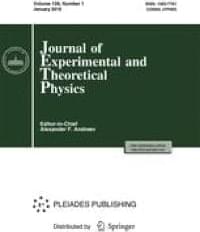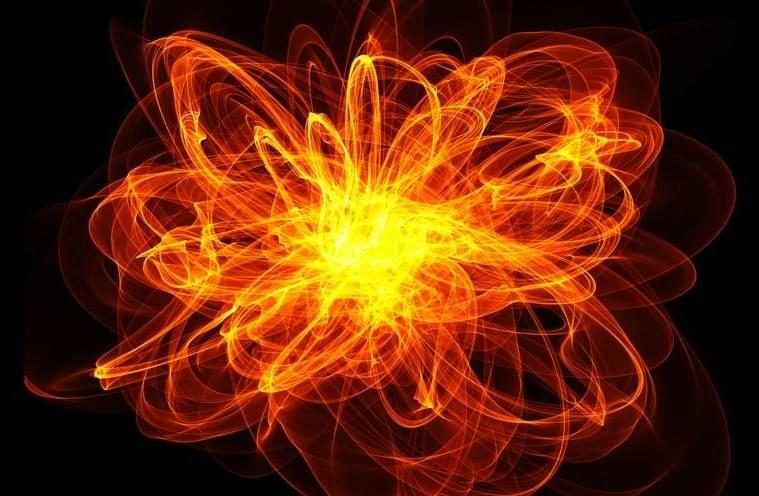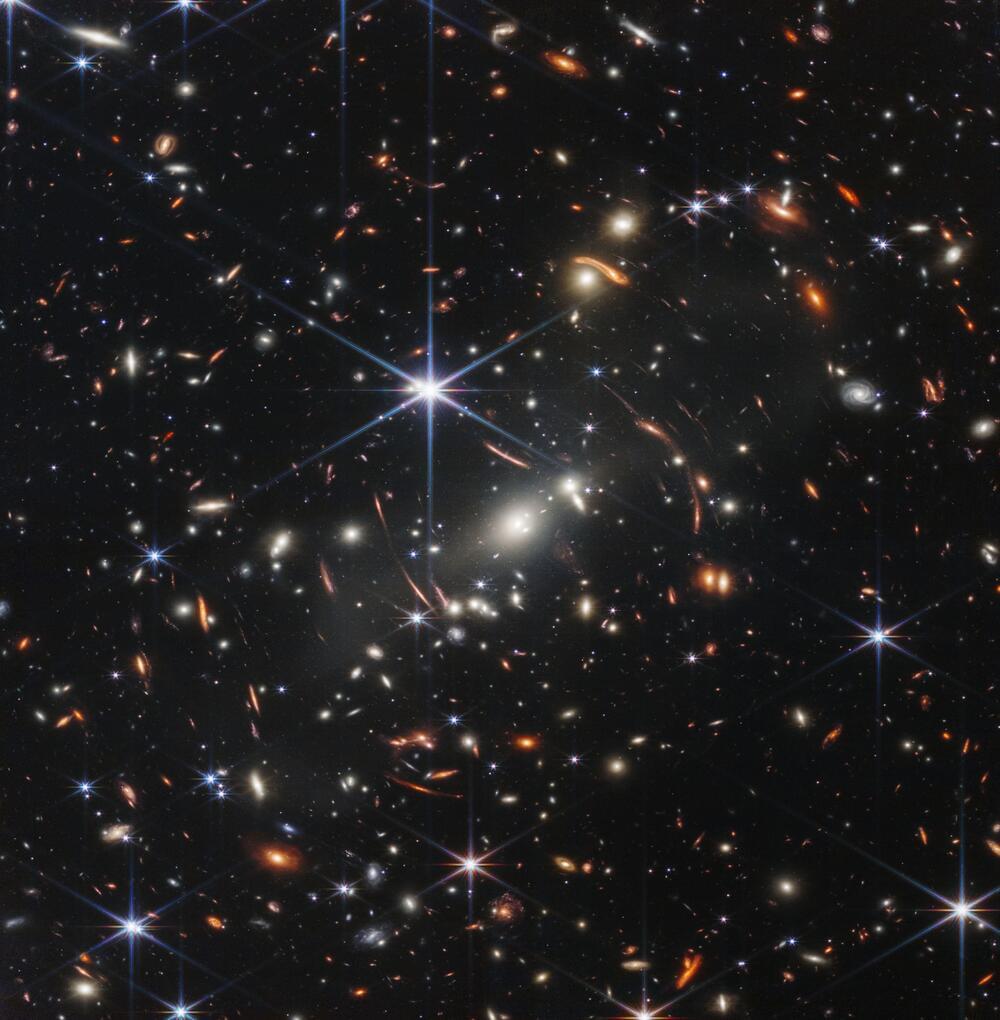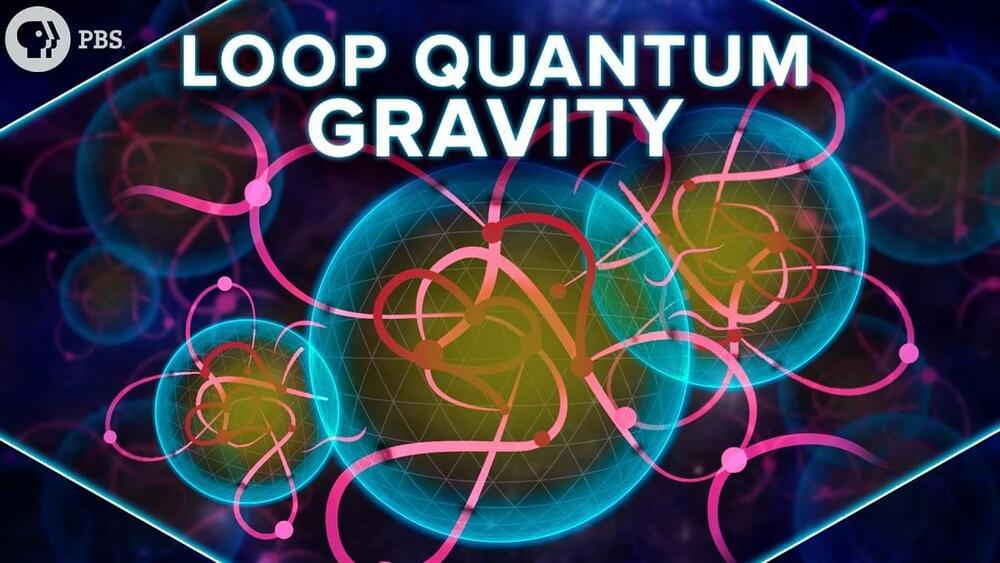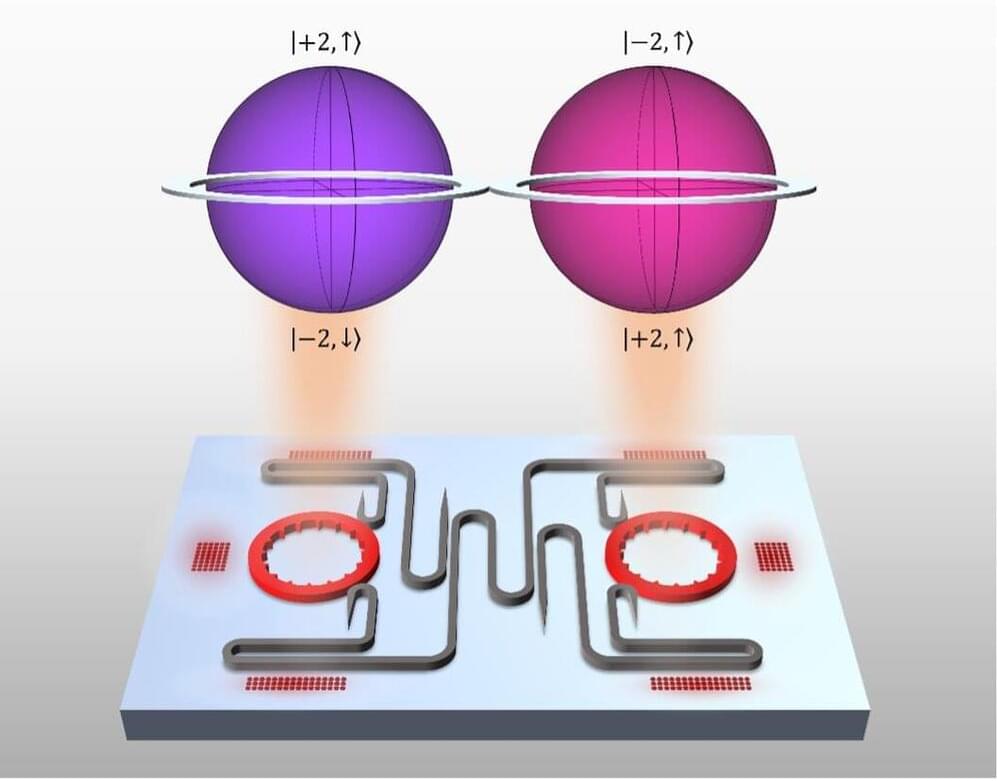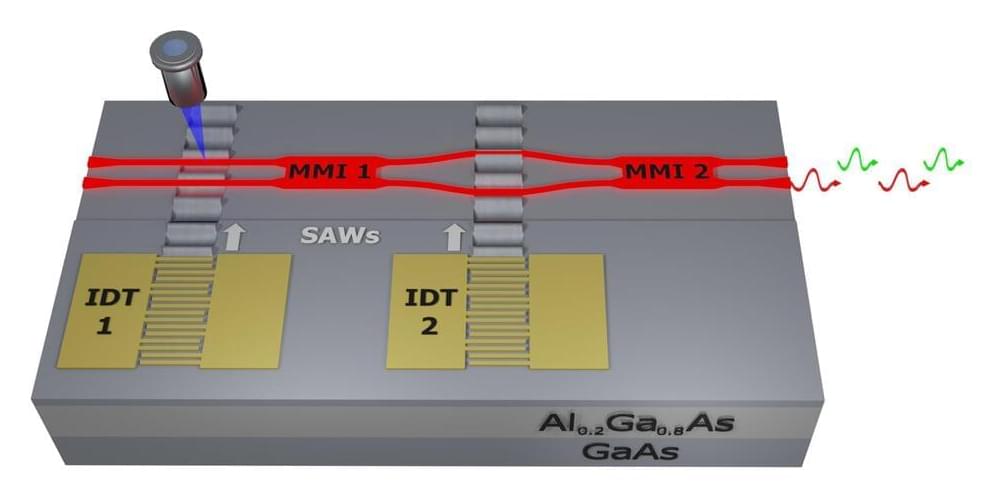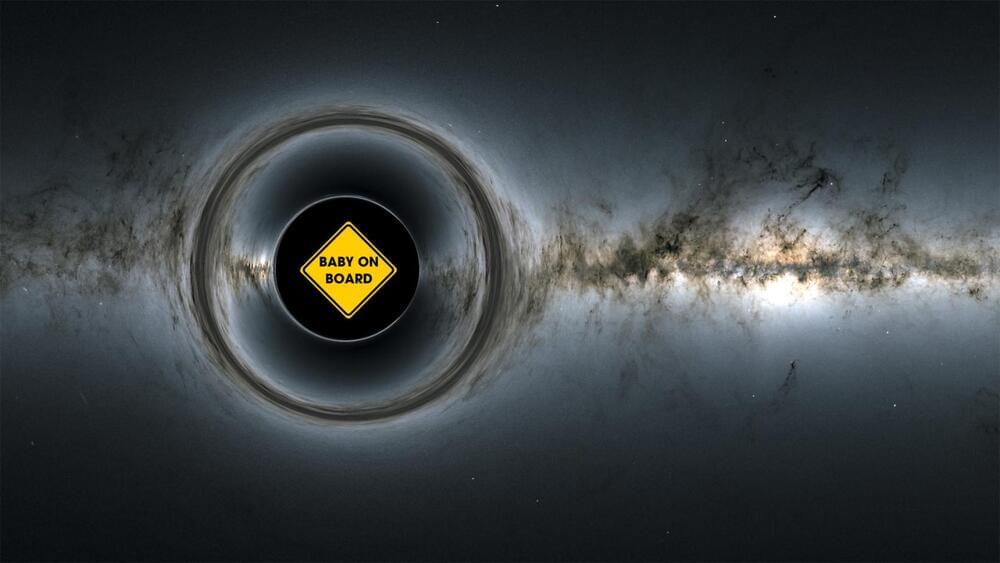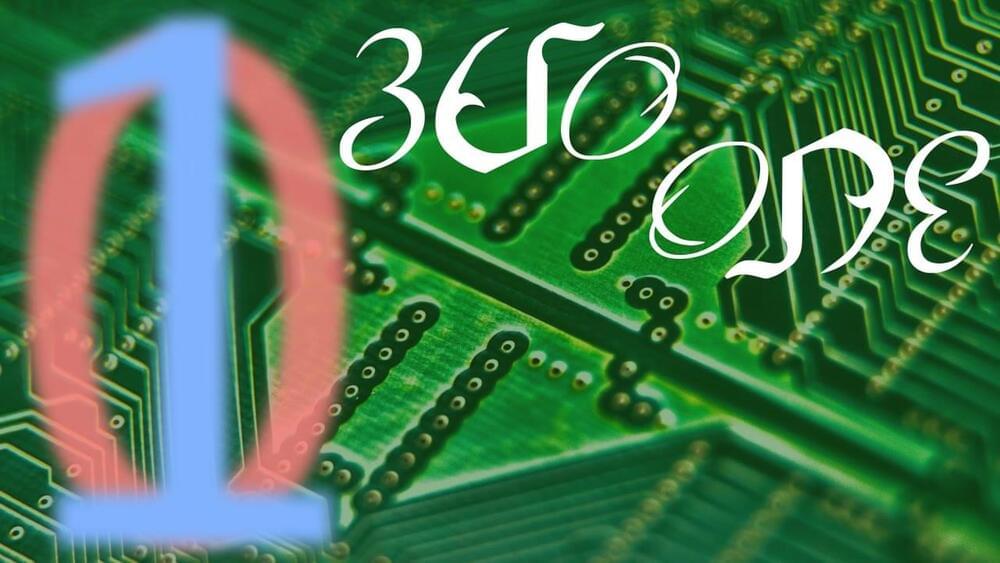Nov 23, 2022
Journal of Experimental and Theoretical Physics
Posted by Quinn Sena in categories: computing, information science, nanotechnology, quantum physics
Circa 2020 Basically this means a magnetic transistor can have not only quantum properties but also it can have nearly infinite speeds for processing speeds. Which means we can have nanomachines with near infinite speeds eventually.
Abstract The discovery of spin superfluidity in antiferromagnetic superfluid 3He is a remarkable discovery associated with the name of Andrey Stanislavovich Borovik-Romanov. After 30 years, quantum effects in a magnon gas (such as the magnon Bose–Einstein condensate and spin superfluidity) have become quite topical. We consider analogies between spin superfluidity and superconductivity. The results of quantum calculations using a 53-bit programmable superconducting processor have been published quite recently[1]. These results demonstrate the advantage of using the quantum algorithm of calculations with this processor over the classical algorithm for some types of calculations. We consider the possibility of constructing an analogous (in many respecys) processor based on spin superfluidity.
